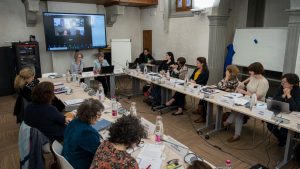
Read more
Events
Read more

This research area aims to deepen our understanding of the political, social, economic, and cultural trajectories of Southeastern Europe. It brings together a community of scholars based at the EUI and provides a forum for exchange with a broader network of academics and practitioners interested in the region. Our research primarily focuses on democracy—its workings and challenges—alongside regime transitions, European integration, conflict, and geopolitics. We welcome interdisciplinary and comparative scholarship and invite applications for Max Weber, Jean Monnet, and other relevant fellowships in these fields and related areas of study.
Since the mid-1980s, the countries in the region have undergone significant political, economic, and cultural transformations. However, these transitions have not been simultaneous, linear, or consistent. We explore the causes and consequences of these divergent trajectories, focusing on areas such as competing nationalisms, weak or captured states, post-conflict reconciliation, institution-building, authoritarian backsliding, and political and economic development.
Despite official commitment to EU integration from Southeastern European governments, the accession process has been nearly stagnant for almost a decade. The political and economic incentives that elsewhere drove transitions and promoted ‘Europeanisation’ seem ineffective, or in some cases, counterproductive in the Western Balkans. Our interdisciplinary research examines the dynamics and challenges of EU accession in the region, exploring why progress has stalled and proposing ways to strengthen ties between Europe and the Western Balkans.
Throughout history, Southeastern Europe been at the intersection of the ‘West’ and the ‘East’. The legacies of the Republic of Venice and the Hapsburg, Russian, and Ottoman Empires still permeate the cultural, societal and economic spheres throughout the region. Most recently, Southeastern Europe has experienced increased engagement by the EU and the USA. The two have acted as external democratisers in a context in which the economic presence of China, Central Asian and Gulf States, Russia, and Turkey has been steadily growing. Our research explores the intersecting, overlapping, and often conflicting influences of third-party actors, seeking to understand how their interests and strategies impact upon the region present and future.

Southeastern Europe is a fascinating microcosm of global politics, economy, history and culture. States and societies in this region change continuously and so do the institutions that represent them. Research on how and why will help us create applied knowledge for better regional, European, and global governance.

Jelena Džankić
Part-time Professor, Director of Southeastern Europe research area and Co-Director of the Global Citizenship Observatory
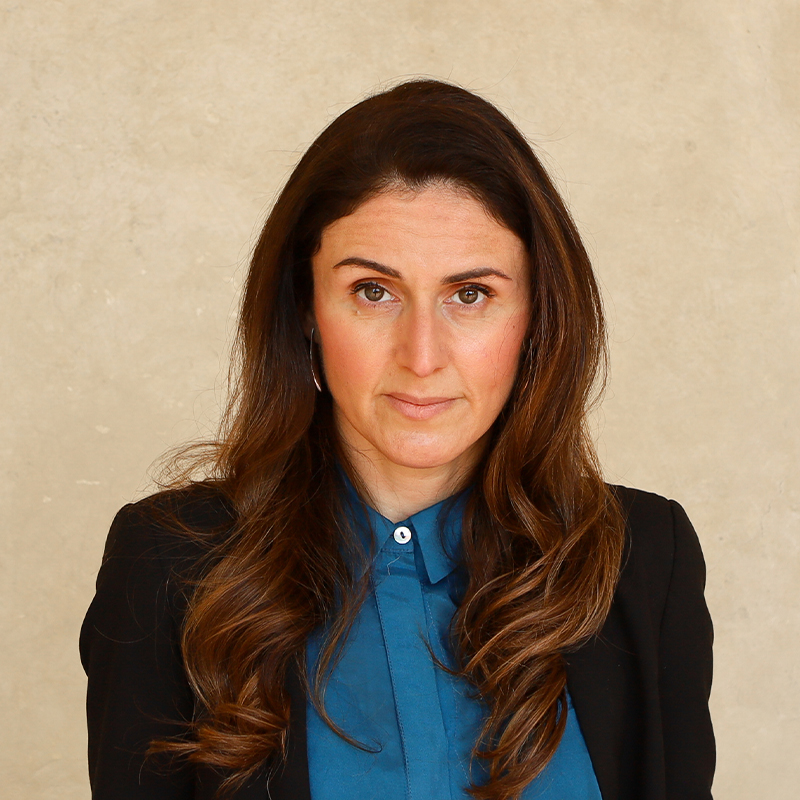
Jelena Dzankic
Part-time Professor
Robert Schuman Centre for Advanced Studies
Ioannis Armakolas
Visiting Fellow
Robert Schuman Centre for Advanced Studies
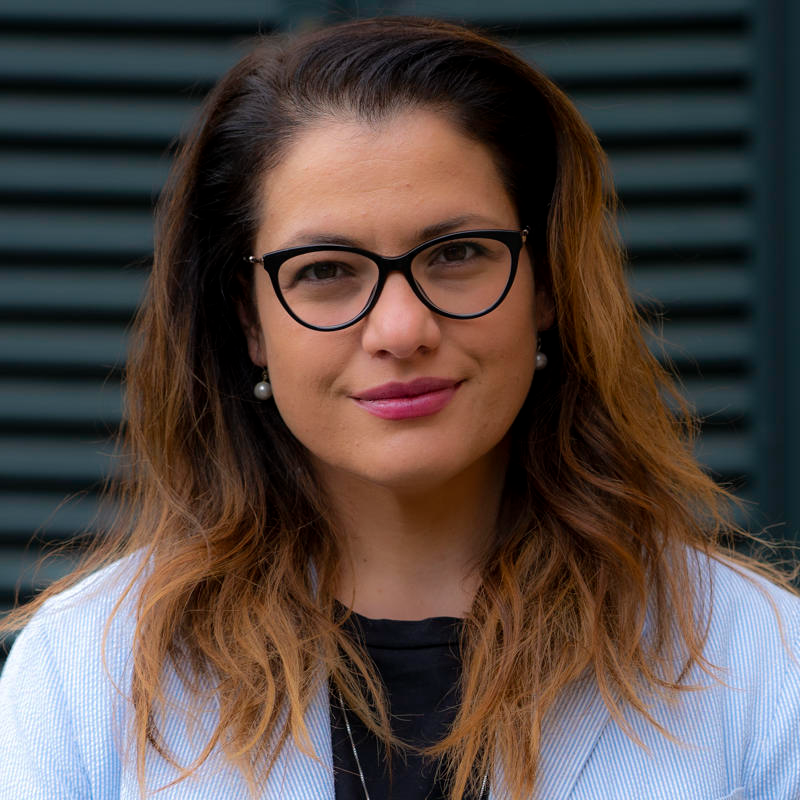
Klodiana Beshku
Visiting Fellow
Robert Schuman Centre for Advanced Studies

Biljana Kotevska
Max Weber Fellow
Max Weber Programme for Postdoctoral Studies
Max Weber Fellow
Robert Schuman Centre for Advanced Studies
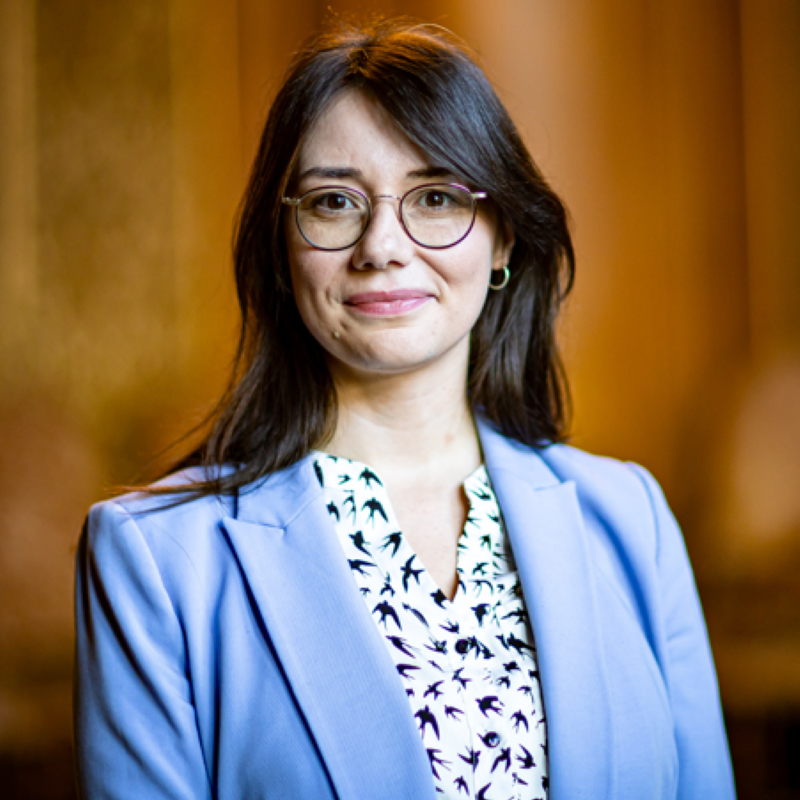
Miranda Loli
Max Weber Fellow
Max Weber Programme for Postdoctoral Studies
Max Weber Fellow
Robert Schuman Centre for Advanced Studies
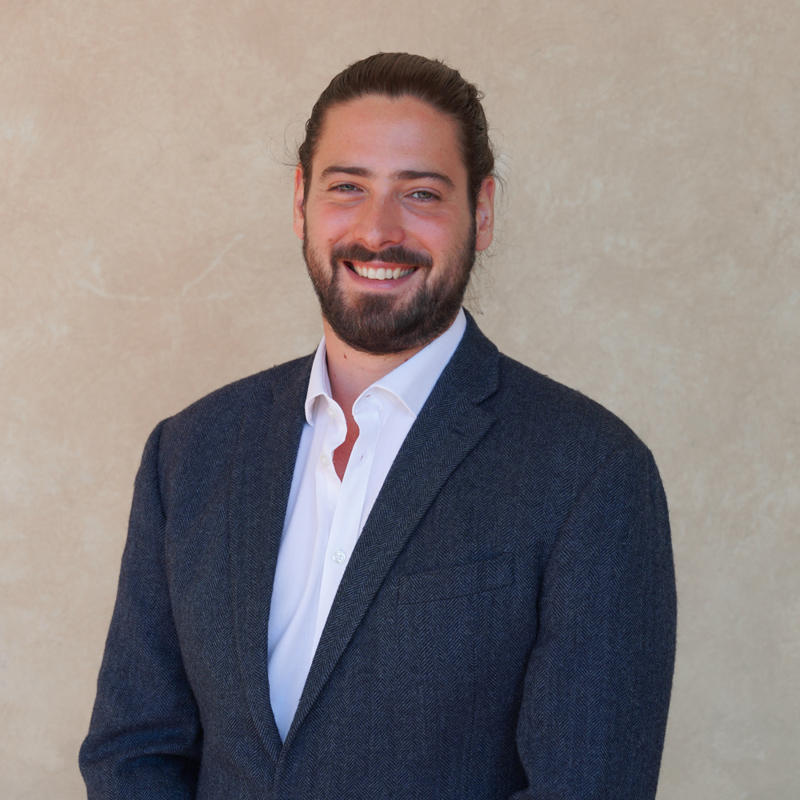
Alexander Mesarovich
Visiting Fellow
Max Weber Programme for Postdoctoral Studies
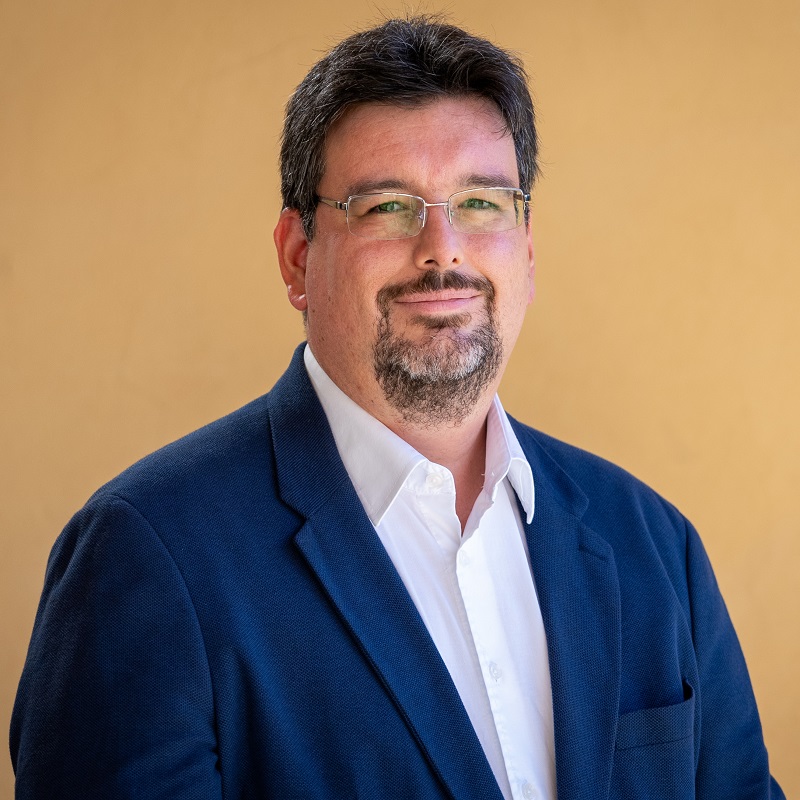
Marko Milenkovic
Visiting Fellow
Robert Schuman Centre for Advanced Studies
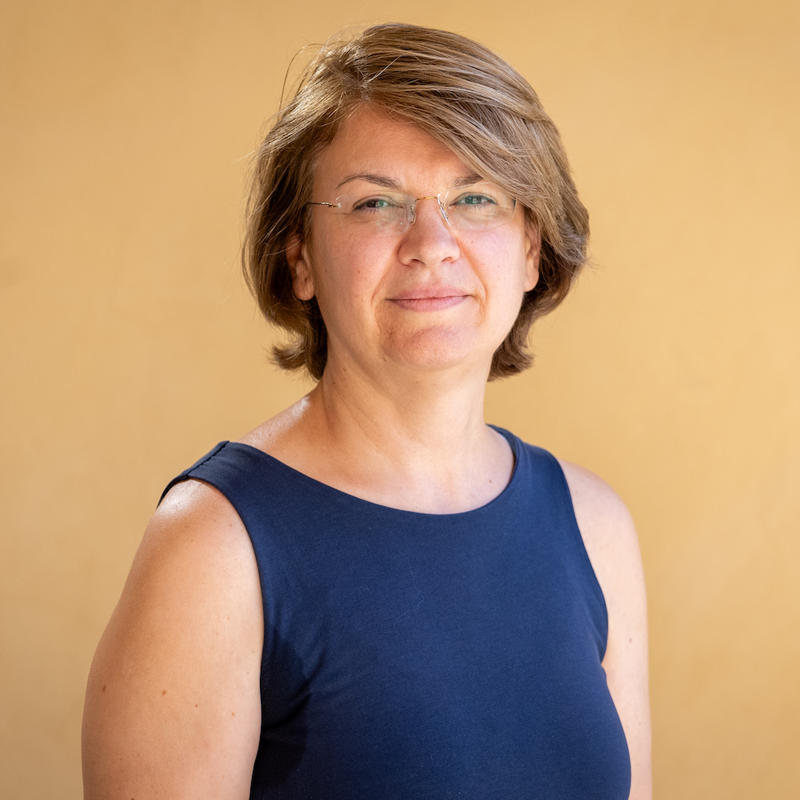
Jasminka Pecotic Kaufman
Part-time Professor
Robert Schuman Centre for Advanced Studies
| Veronica Anghel, EUI | Nevena Kulic, University of Pavia |
| Maria Giulia Amadio Vicere, EUI | Jan Meyer-Sahling, University of Nottingham |
| Roberto Belloni, University of Bologna | Chiara Milan, Scuola Normale Superiore Pisa |
| Daniel Bochsler, CEU | Mario Munta, University of Zagreb |
| Giancarlo Casale, EUI | Kalypso Nicolaidis, EUI |
| James Dennison, EUI | Ritsa Panagiotou, National & Kapodistrian University of Athens |
| Lenka Drazanova, EUI | Zala Pavsic, EUI |
| Marius Ghincea, EUI alumnus | Tamara Popic, Queen Marry, University of London |
| Nisida Gjoksi, EUI alumna | Senada Selo Sabic, Institute for Development and International Relations, Zagreb |
| Gabor Halmai, EUI | Dimitris Sotiropoulos, University of Athens |
| Erik Jones, EUI | Dejan Stjepanovic, Dundee University |
| Larisa Vasileska, University St.Kliment Ohridski – Bitola | Milica Uvalic, University of Perugia |
| Rozeta Karova, EUI alumna | Vita Zalar, EUI |
| Filip Kostelka, EUI |